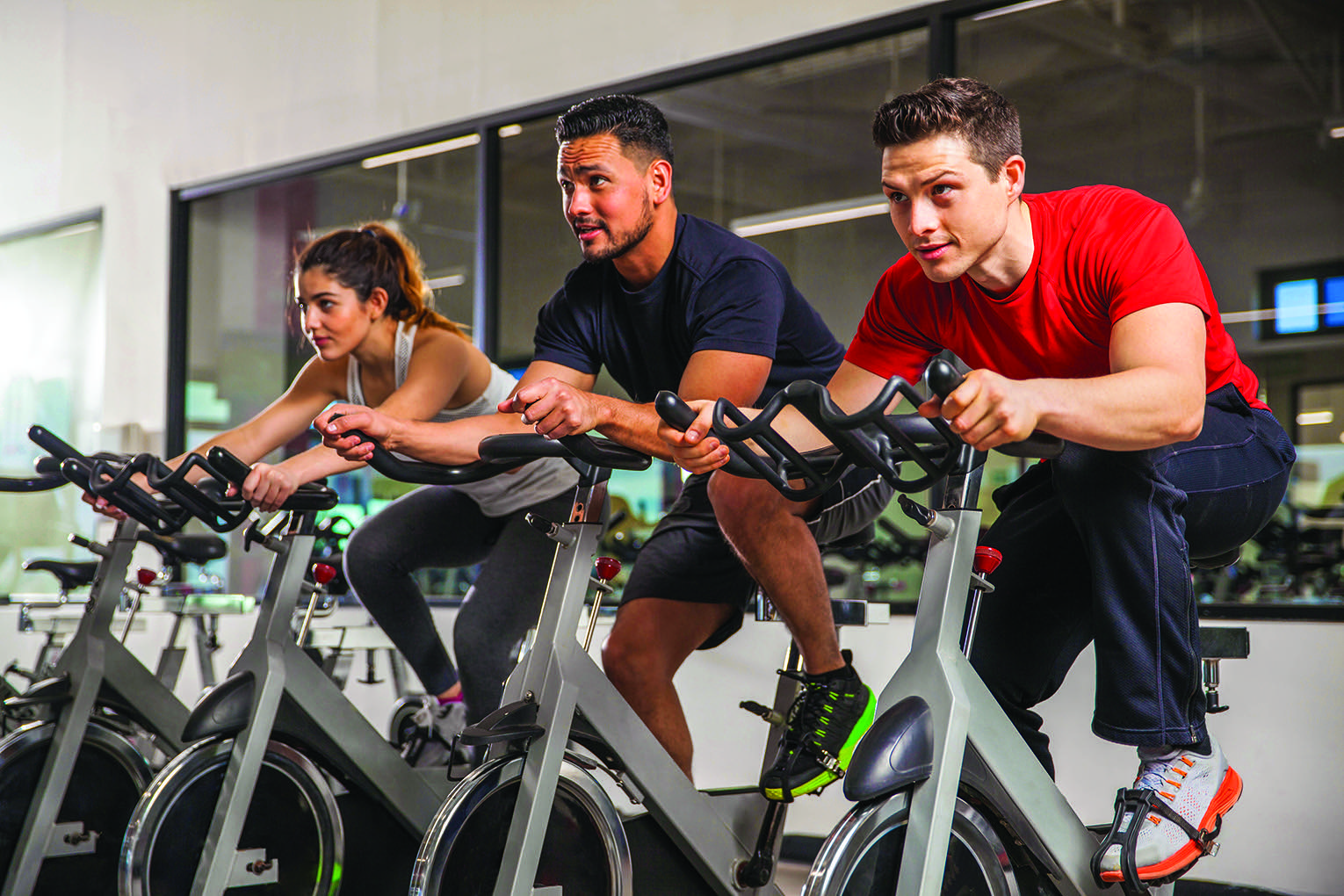It seems lately I have heard from a great deal of people who are seriously injured (stress fracture) or trying some whack-a-doo diet and ignoring all common sense because they ‘feel fine’.
I have to say ‘feeling fine’ isn’t very scientific.
When I coach people for running, or fitness or triathlon, or our trainers work with people one on one, we have several things we use to gauge whether or not you are really ‘fine’ or not.
For endurance athletes, I rely on heart rate monitors and key workouts as well as sleep reports and recovery to see how the body is doing on the inside.
We check heart rate at different paces, at maximum, at rest and how fast it recovers when high intensity exercise stops.
With our training clients at the gym, we are now using pulse oximeters to check blood oxygen percentage and pulse.
That way we can tell if you have the ability to work out hard today for maximum benefit, or if perhaps you are dehydrated, sleep deprived and stressed, and maybe today needs to be about flexibility and restoration.
Benchmark workouts and baseline tests all work to use a scientific approach, and all of these are key indicators of fitness and health and have absolutely nothing to do with how you ‘feel’.
Runners are famous for having a heart attack at the finish line of a race. It nearly happened to me once.
I had bronchitis about 10 days before a half marathon. My doctor had my on penicillin and I started to ‘feel fine’, so I told him I was going to race on the weekend.
He told me not to because only one of my lungs was clear and I would be risking my life. I didn’t believe him, but he said I was an adult and he couldn’t force me to not race.
I promised to take it easy and keep an eye on my watch. So the race started, and after a few kms of ‘feeling fine’ I looked at my watch and saw my heart rate 20 beats per minute higher than normal.
I decided not to look at it any more and kept running, because I ‘felt fine’. I crossed the finish line a little slower than normal, but was totally exhausted and light headed, dizzy etc. Looking at my watch data days later, I saw that my heart was beating within a few beats of my tested maximum for much of the race. I was flirting with a heart attack and had no idea, because I ‘felt fine’.
It’s no different than gardening or working at a physical job – you have to pace yourself. If you try to pull all the weeds and hoe the entire garden in 10 minutes but it is a six hour job because you feel fine right now. Try it – you soon won’t!
An eating plan I have been observing people try is intermittent fasting.
While I am not 100% clear on my thoughts of it yet (still researching), I have a pretty strong theory. I have heard people say: I haven’t eaten a thing in two days and I just worked out and I feel amazing, I have tons of energy!
OK, that may be true. Let’s look at human physiology.
We were designed to hunt, fish, catch things, pick stuff and run away from danger.
If times were tough, and food scarce, our body was designed to TEMPORARILY adapt by helping us be fast, light and strong so we could catch things and find stuff to eat and not die.
Since that ‘feeling fine’ experience is temporary, and designed to keep you alive, I feel it is not something to do all the time. There are documented risks like hormone issues, high cortisol (stress hormone) levels, eating disorders, an unhealthy relationship with food, and the part nobody talks about; an unhealthy reliance on stimulants like coffee to replace actual food energy.
I fast each night. I call it sleeping. I recommend 7.5 to 8 hours, (but that was a different article as you may recall)
If you want the best results, find ways to really test how your body is doing and try to avoid how you are feeling as your only source of judgment.
Scott McDermott is a personal trainer and the owner of Best Body Fitness in Sylvan Lake.



